
PLA
PLA (Polylactic Acid) is a bio-based, biodegradable thermoplastic polyester widely used in 3D printing, packaging, medical fields, and more.
Features: Eco-friendly and easy to print,Moderate strength
Processes: FDM
Typical Applications: Educational models, creative prototypes
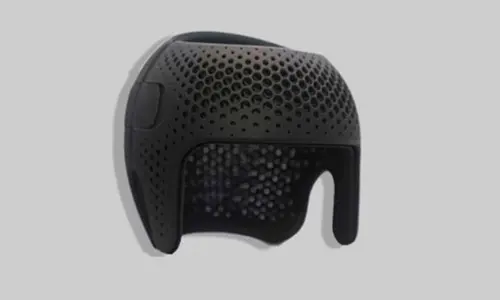
ABS
ABS (Acrylonitrile Butadiene Styrene) is a commonly used thermoplastic engineering plastic, with its characteristics derived from the synergistic effects of its three monomers.
Features: Impact-resistant, polishable with acetone
Processes: FDM/SLS
Typical Applications: Functional components, automotive interiors
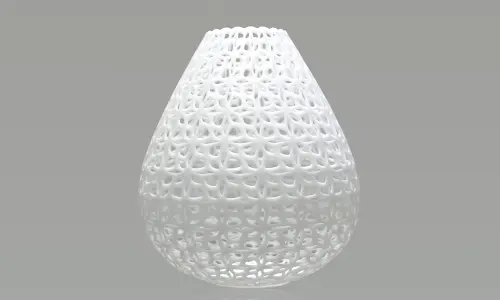
RESIN
Resin refers to a category of synthetic or natural high-molecular-weight compounds that transition from a liquid to a solid state through a curing reaction. In industry, it typically denotes engineering resins (such as epoxy resin, polyurethane resin) or 3D printing photopolymer resins.
Features: Eco-friendly and easy to print,Moderate strength
Processes: FDM
Typical Applications: Educational models, creative prototypes
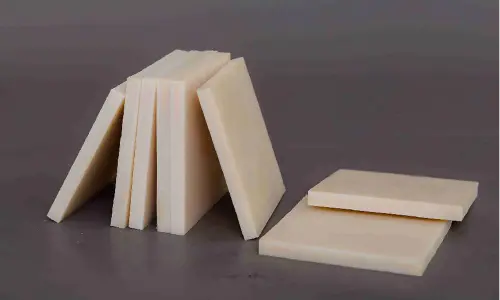
NYLON
Nylon is a synthetic polymer belonging to the polyamide (PA) family, known for its high strength, toughness, and chemical resistance.
Features: High strength, wear resistance, design freedom
Processes: SLS/MJF
Typical Applications: Typical Applications: Industrial parts, aerospace, medical, consumer goods, etc.
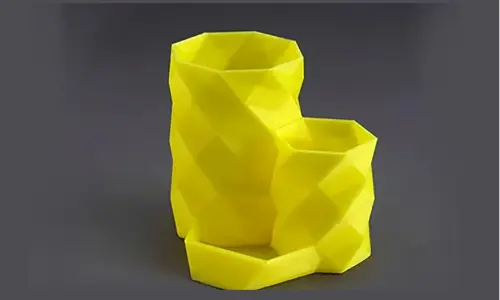
PETG
PETG (Polyethylene Terephthalate Glycol-modified) is a commonly used 3D printing material that combines the ease of printing of PLA with the toughness of ABS, while offering superior chemical resistance, impact resistance, and transparency.
Features: High impact resistance (better than PLA), moderate rigidity, and good wear resistance. Semi-transparent, with improved light transmission achievable by increasing layer height and printing at slower speeds.
Processes: FDM
Typical Applications: Functional prototypes, packaging design, medical devices, etc.
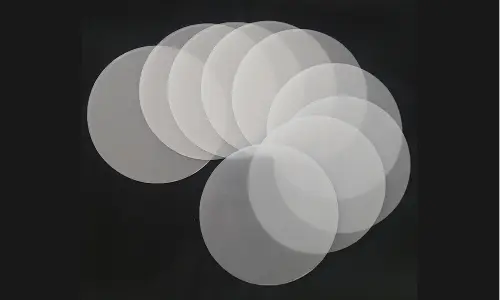
TPU
TPU (Thermoplastic Polyurethane) is a block copolymer composed of soft segments (polyether or polyester) and hard segments (diisocyanate and chain extenders).
Features: High elasticity, tear resistance, and wear resistance. Resistant to oil, solvents, and hydrolysis. Some TPUs are biodegradable or recyclable.
Processes: SLS/FDM
Typical Applications: Flexible components, industrial parts, consumer goods, etc.
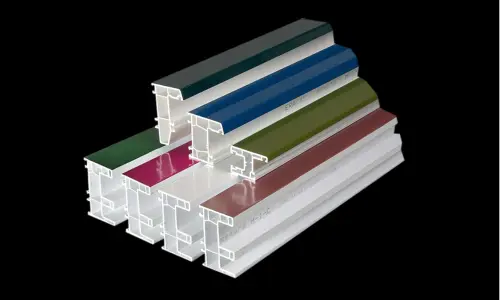
ASA
ASA Material (Acrylonitrile-Styrene-Acrylate Copolymer) is a weather-resistant engineering plastic commonly used for outdoor 3D printed products (such as automotive parts, outdoor decorations, etc.).
Features: UV-resistant, moisture- and heat-resistant, maintains color stability without yellowing or embrittlement during long-term outdoor use. Resistant to weak acids, alkalis, greases, and alcohols. Can be sanded and painted, easily achieving a smooth surface.
Processes: FDM
Typical Applications: Outdoor functional components, architectural and landscape models, industrial prototypes, etc.
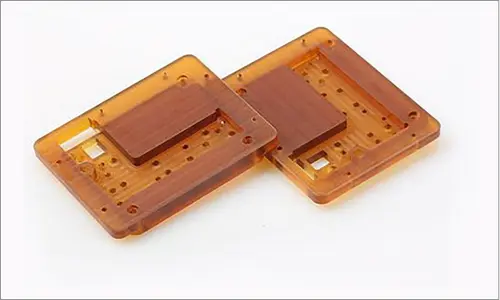
PEI
PEI (Polyetherimide) is a high-performance thermoplastic engineering plastic known for its excellent high-temperature resistance, mechanical strength, chemical stability, and flame retardancy. Its glass transition temperature (Tg) is approximately 217°C, with a long-term service temperature of up to 170°C or higher, making it suitable for high-temperature applications.
Features: High-temperature stability and dimensional stability.
Strong interlayer adhesion: Minimizes cracking risks during FDM printing due to excellent layer bonding.
Surface smoothness: Can be improved through polishing or vapor smoothing.
Processes: FDM
Typical Applications: Aerospace, automotive, electrical & electronics, medical, and industrial molding.




